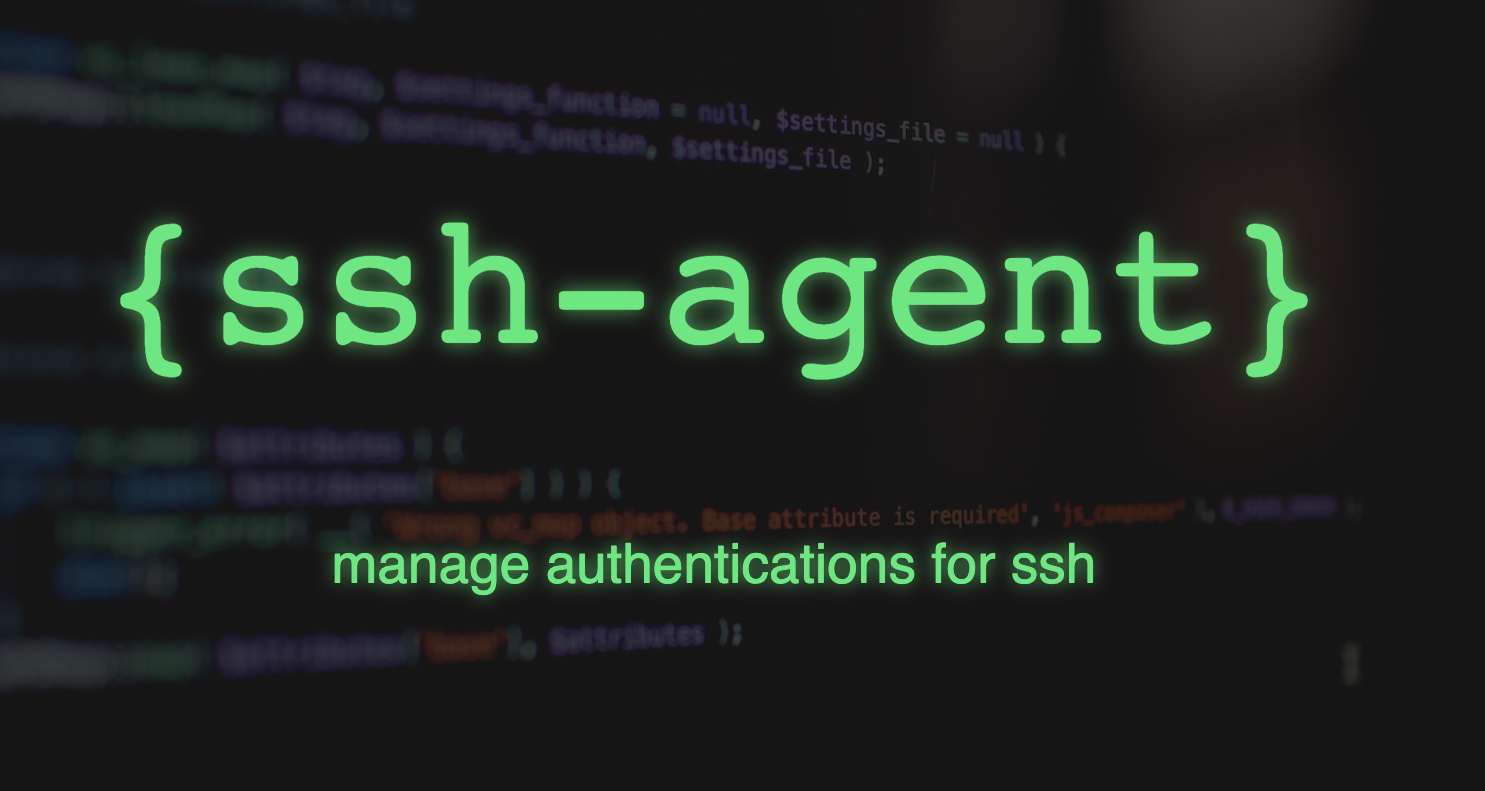If you need multiple SSH keys with passphrases for educational purposes, you can generate them as follows. The passphrase is set in the comments of the corresponding public key.
SSH Key Generator Script
cat << 'EOF' > /tmp/ssh-key-generator.sh
#!/usr/bin/env bash
# File
f=/tmp/id_ed25519
# Cleanup
test -f $f && rm $f $f.pub
# Gen Key
ssh-keygen -o -a 100 -t ed25519 -N "" -f ${f}
# Extact Password (last 8 Char from PubKey)
pw=$(cat ${f}.pub |cut -d" " -f 2 |gsed -E 's/^.{60}//')
pw2=$(echo $pw |gsed -E 's/\//x/g')
id=$(echo $pw2 |gsed -E 's/^....//')
# Rename
mv ${f} ${f}-${id}
mv ${f}.pub ${f}-${id}.pub
# Set Var
x="${f}-${id}"
f="$x"
# Prepare Password
cat << EOF2 > ${f}.x
#!/bin/sh
echo $pw2
EOF2
chmod +x ${f}.x
# Set Comment
ssh-keygen -c -C "Password: $pw2" -f ${f}
# Set Password
ssh-keygen -p -N "$pw2" -f ${f}
# Show Key
cat ${f}.pub
# Add to Agent
DISPLAY=1 SSH_ASKPASS="${f}.x" ssh-add ${f} < /dev/null
# Cleanup
rm ${f}.x
exit 0
EOF
set Permission and run it
cd /tmp
chmod +x /tmp/ssh-key-generator.sh
./ssh-key-generator.sh; ls -la /tmp/id*
a few test runs
user@host /tmp$ ./ssh-key-generator.sh; ls -la id_ed25519-*
Generating public/private ed25519 key pair.
Your identification has been saved in /tmp/id_ed25519
Your public key has been saved in /tmp/id_ed25519.pub
The key fingerprint is:
SHA256:IdJGeVPDOMrk9BidtIKrIzFBn8vNgjHVT8/sdSA9hik user@host
The key's randomart image is:
+--[ED25519 256]--+
| . .. .+.=* |
|. o .==EB=.* |
|.o oo=B*Boo o |
| .= ++=+.= . . |
|o. +.o S . . |
| o .. . |
|. o |
| . . |
| |
+----[SHA256]-----+
Old comment: user@host
Comment 'Password: S4seK144' applied
Key has comment 'Password: S4seK144'
Your identification has been saved with the new passphrase.
ssh-ed25519 AAAAC3NzaC1lZDI1NTE5AAAAIMKxvcjpd8DvAfdO0nZ34uCxalQHgN0XUSRxS4seK144 Password: S4seK144
Identity added: /tmp/id_ed25519-K144 (Password: S4seK144)
-rw------- 1 user wheel 464 Jan 25 22:36 id_ed25519-Bhxt
-rw-r--r-- 1 user wheel 100 Jan 25 22:36 id_ed25519-Bhxt.pub
-rw------- 1 user wheel 464 Jan 25 22:30 id_ed25519-GCow
-rw-r--r-- 1 user wheel 100 Jan 25 22:30 id_ed25519-GCow.pub
-rw------- 1 user wheel 464 Jan 25 22:36 id_ed25519-K144
-rw-r--r-- 1 user wheel 100 Jan 25 22:36 id_ed25519-K144.pub
Any Comments ?
sha256: 541867de7da5d482614e872eaf47c51578347c8ff3c2df980914795eb4515f61

